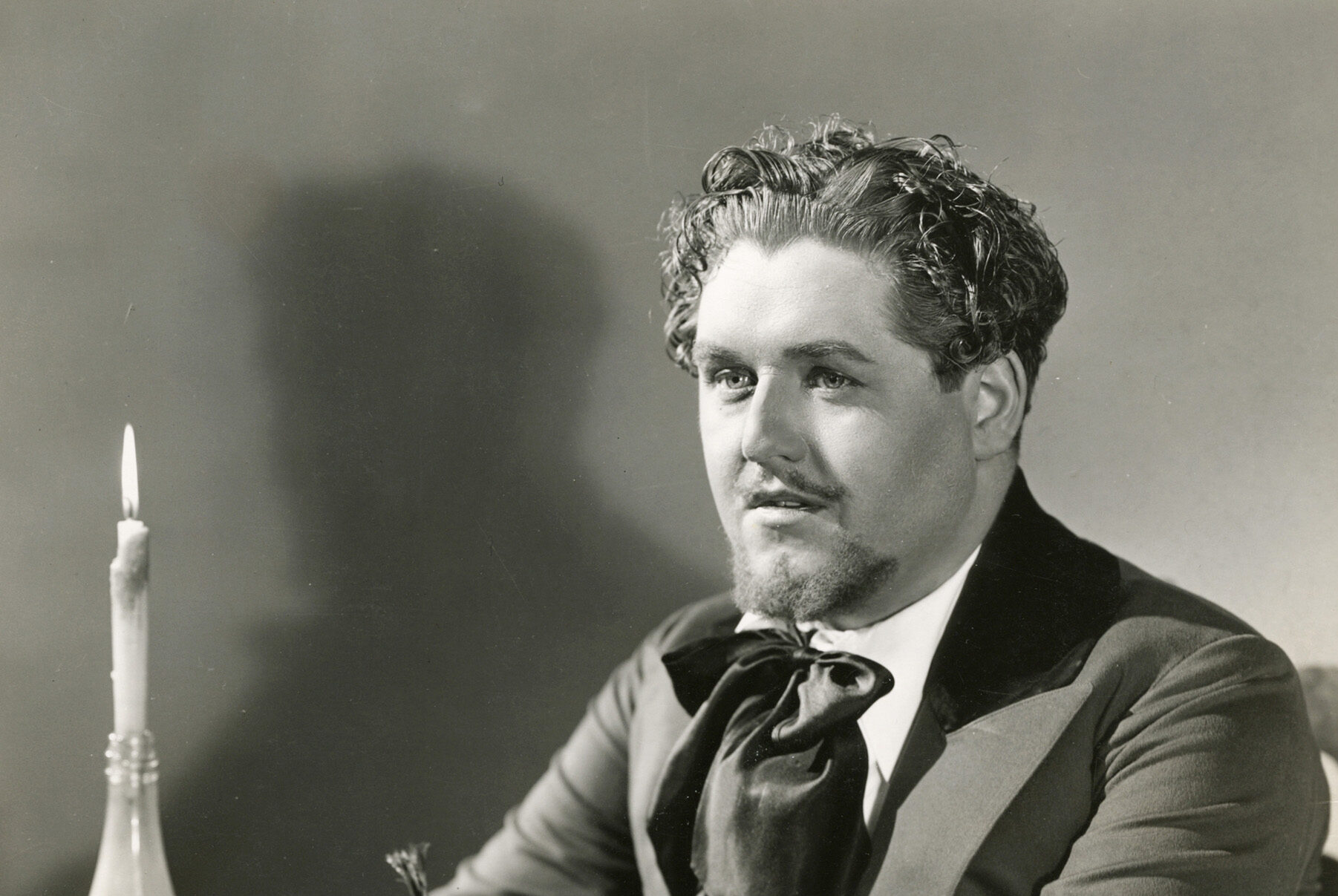
Peter G. Davis in New York:
The Met must have spent a fortune on Francesca da Rimini, but there is no way to skimp on this opera and do it right. If one element is slighted sets, costumes, casting, conducting, or direction—the entire fragile illusion collapses. With their intricate decorative details, the massive sets by Ezio Frigerio serve the work exquisitely, conjuring up striking tableaux of thirteenth-century Rimini. The flowery courtyard, an awesome citadel armed for battle, and richly furnished castle apartments irresistibly draw the audience into the opera’s romantic milieu. Piero Faggioni’s graceful direction strikes a perfect balance between veristic and poetically stylized movement; the long scene in Act III, as the two lovers’ repressed sexual attraction becomes increasingly physical, evolves choreographically, in a riveting sequence of potent visual images.
As Francesca, Renata Scotto has found her ideal role, one that responds naturally to the fascinating chiaroscuro of her unusual timbre and vibrates with the dramatic intensity her special stage personality can generate when all is well a great performance in a tradition that is now hers by right of training and temperament. Paolo is not an especially grateful part, but Placido Domingo sang it glamorously, while Cornell MacNeil as the betrayed Gianciotto roared, appropriately enough, like a wounded animal. Levine conducted far more discreetly than he often does when leading an opera for the first time, and his affectionate concern for the music told in every measure. I could complain about some of the casting in the many important smaller roles, but I won’t. The main point is that the Met championed an underdog opera, threw its considerable resources behind it, and scored a creditable artistic achievement.
Born on this day in 1910 composer Samuel Barber; also born on this day in 1930 conductor Thomas Schippers.
Operatic premieres: Verdi’s Nabucco in Milan (1842), his Ernani in Venice (1844), Otto Nicolai’s Die lustige Weiber von Windsor in Berlin (1849) and Ambroise Thomas’ Hamlet in Paris (1868).
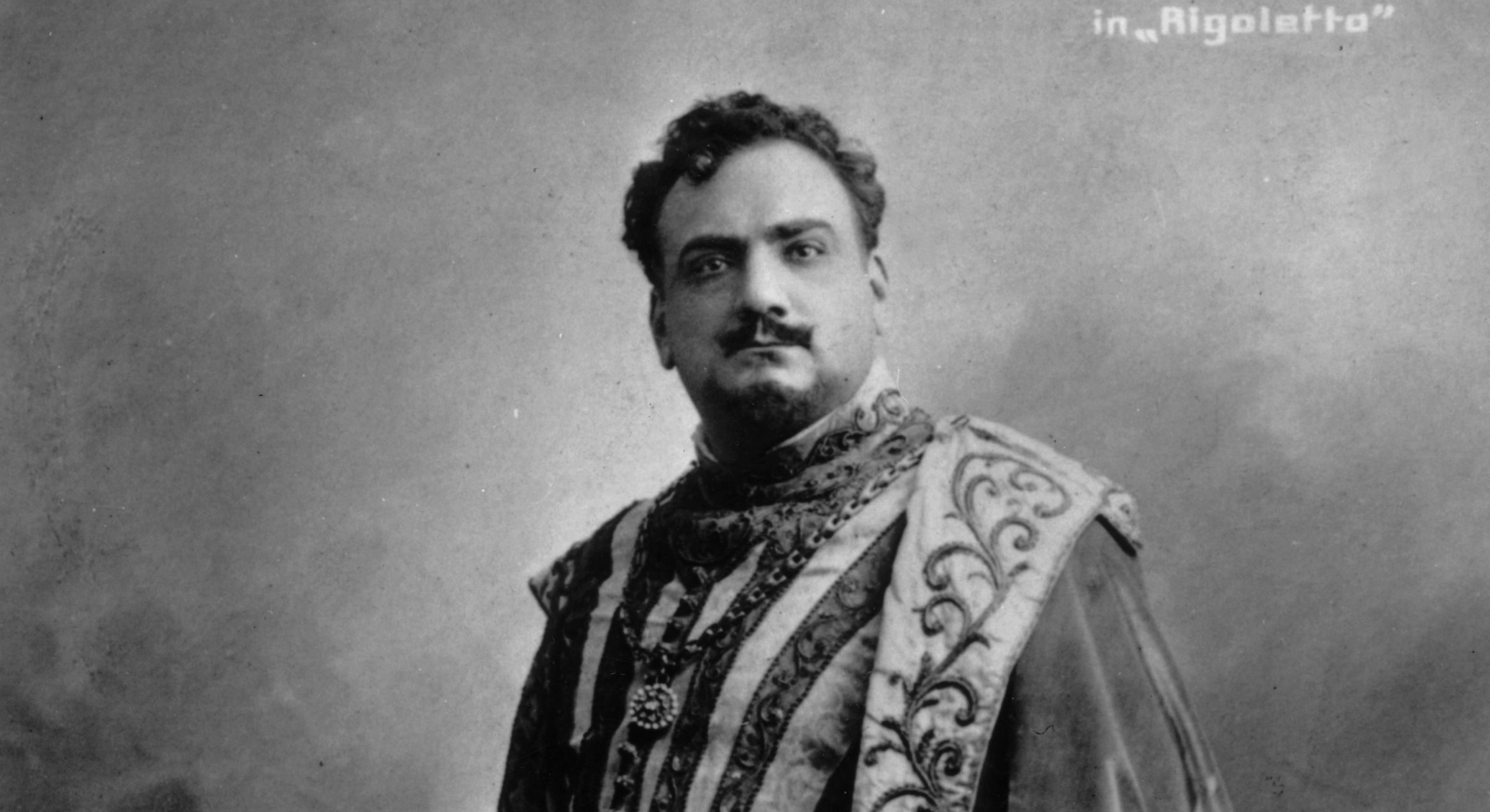
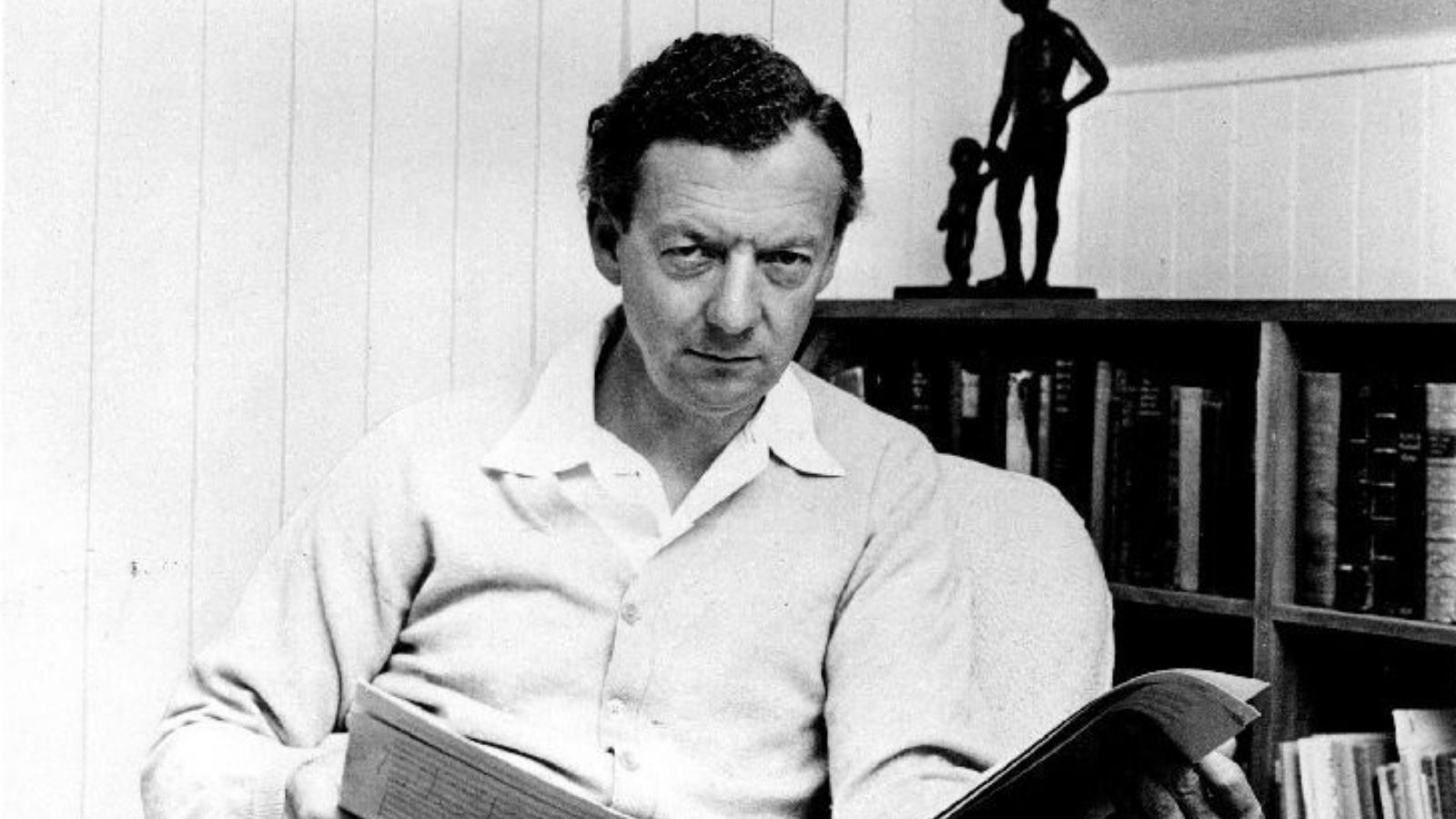

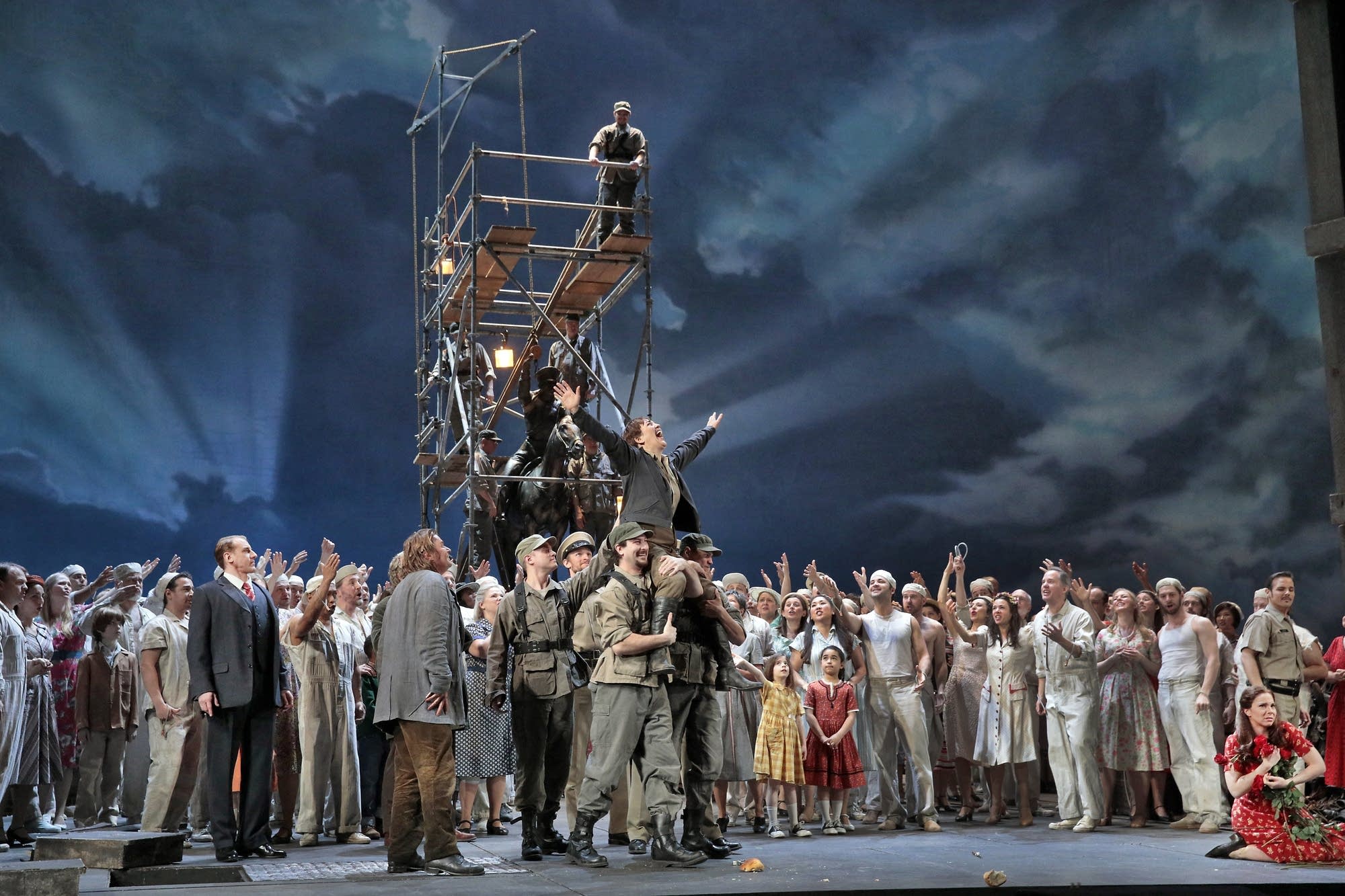
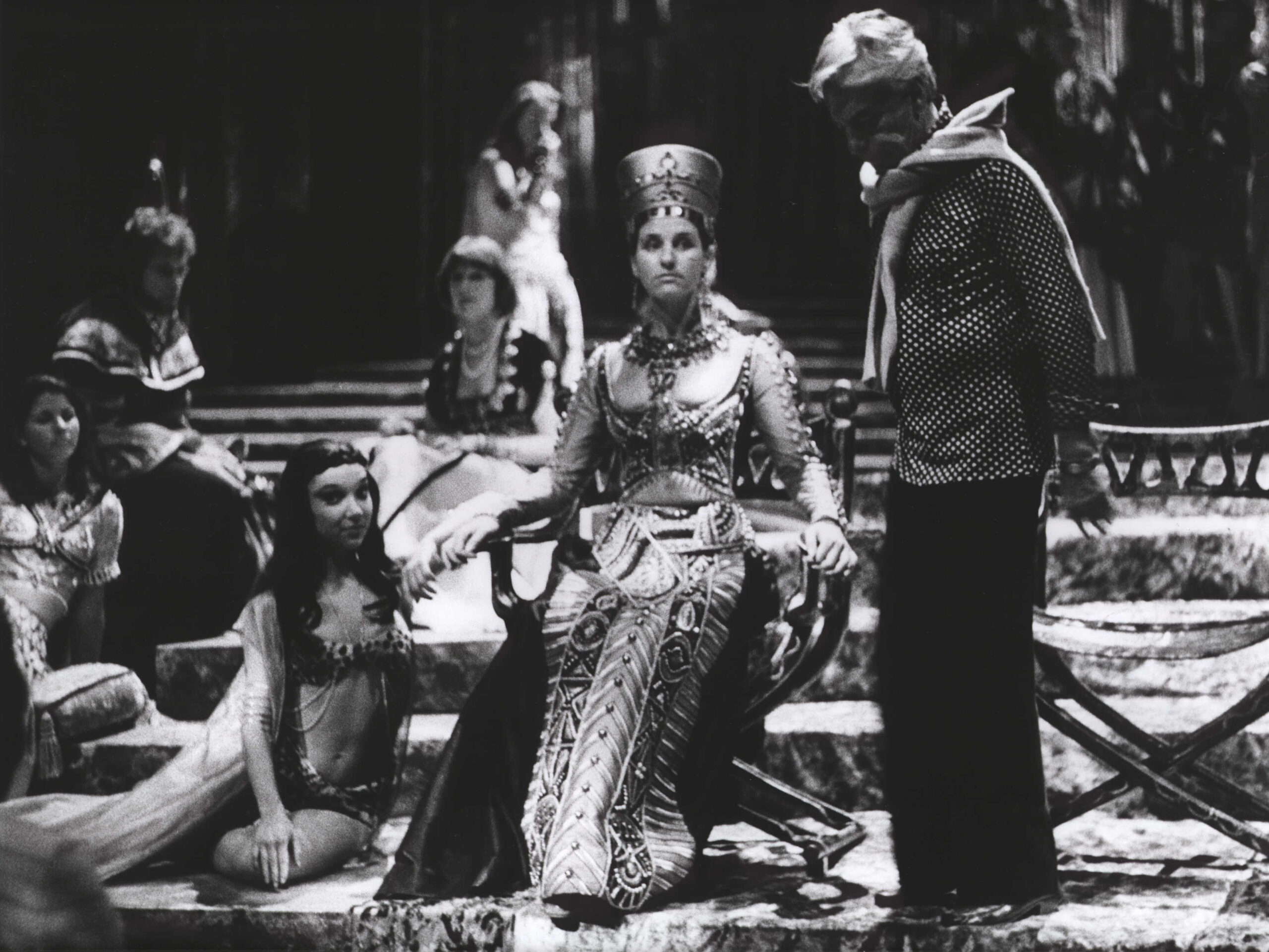
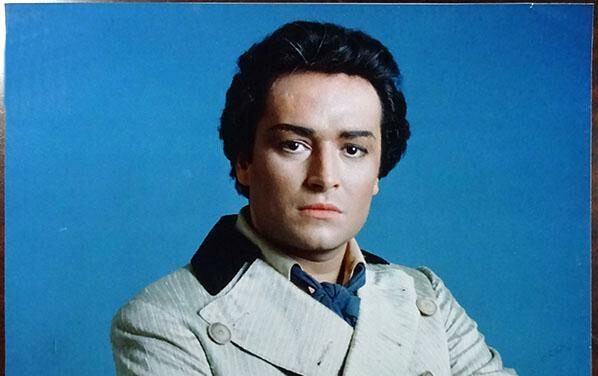
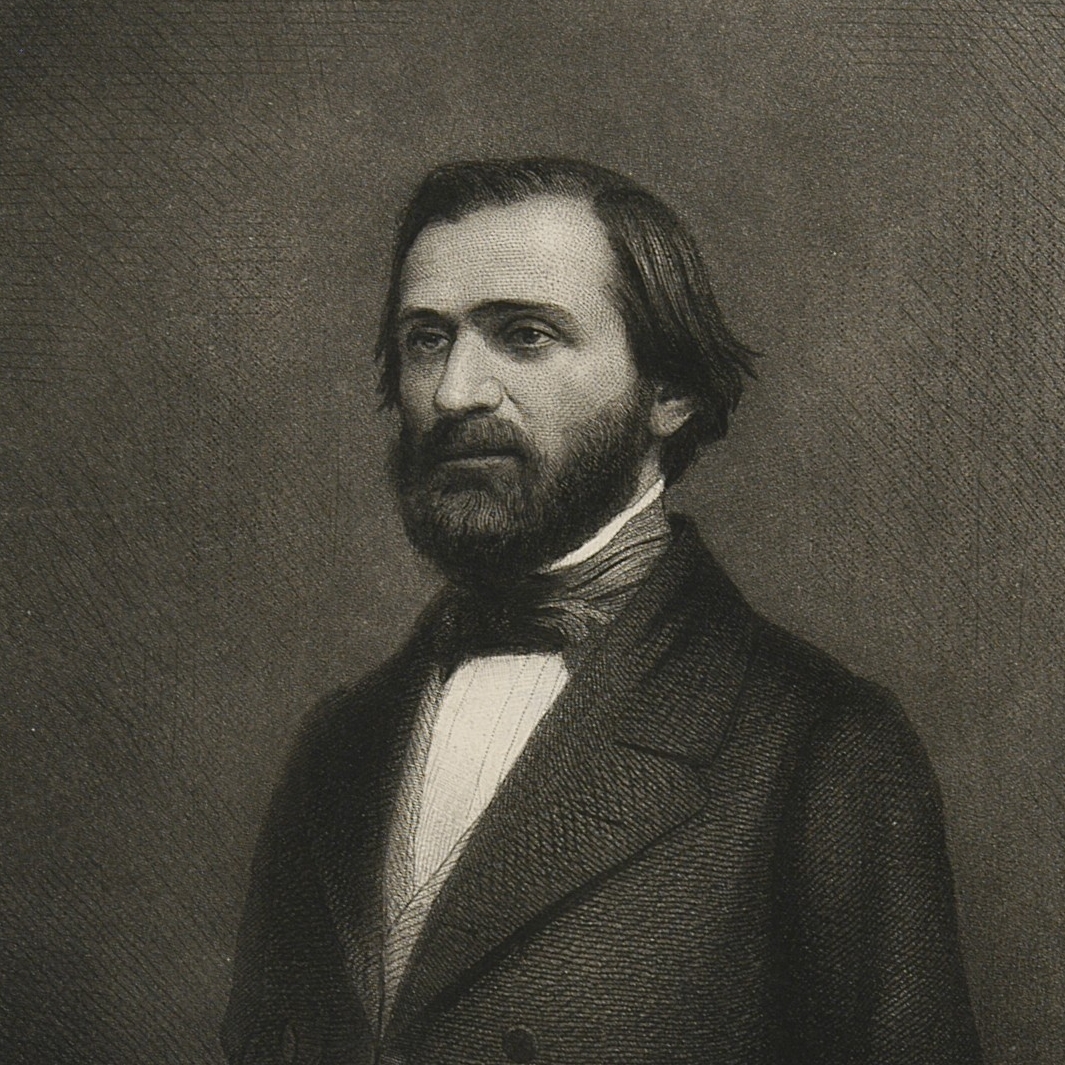
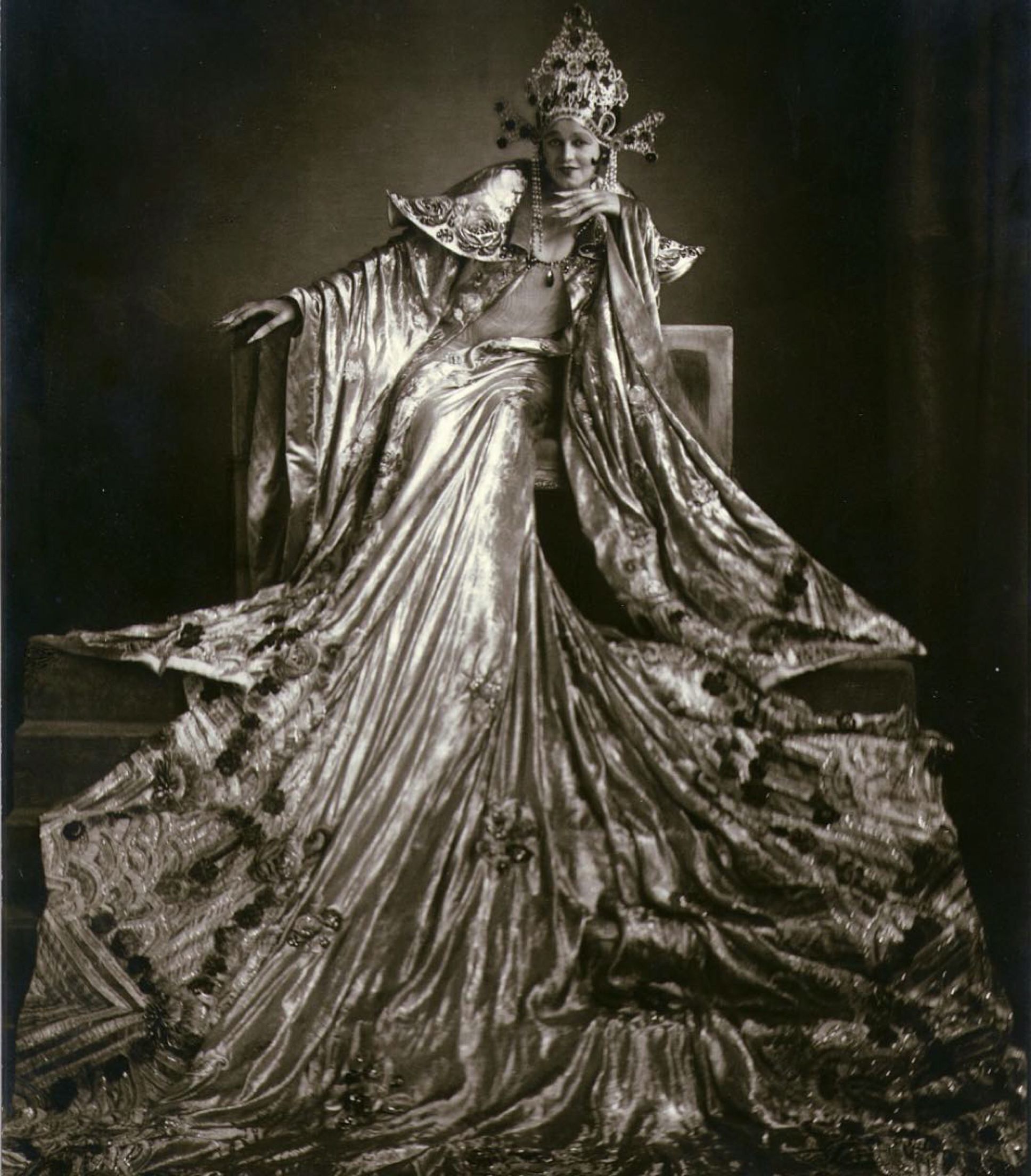
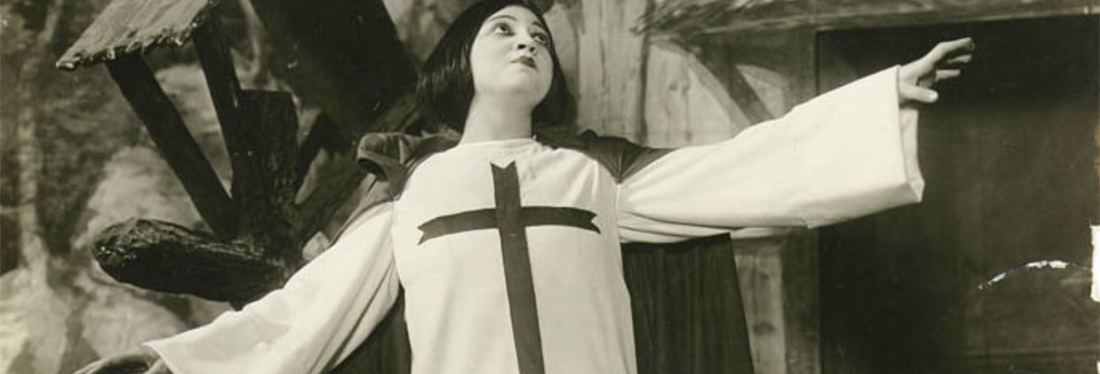
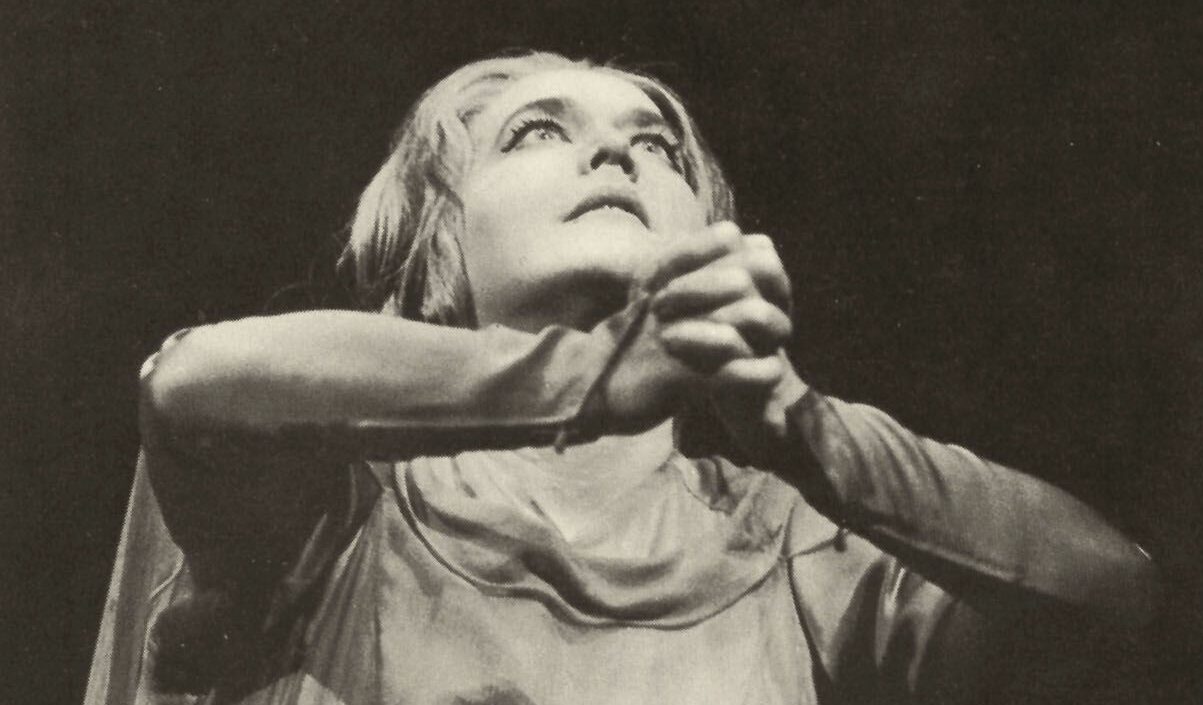
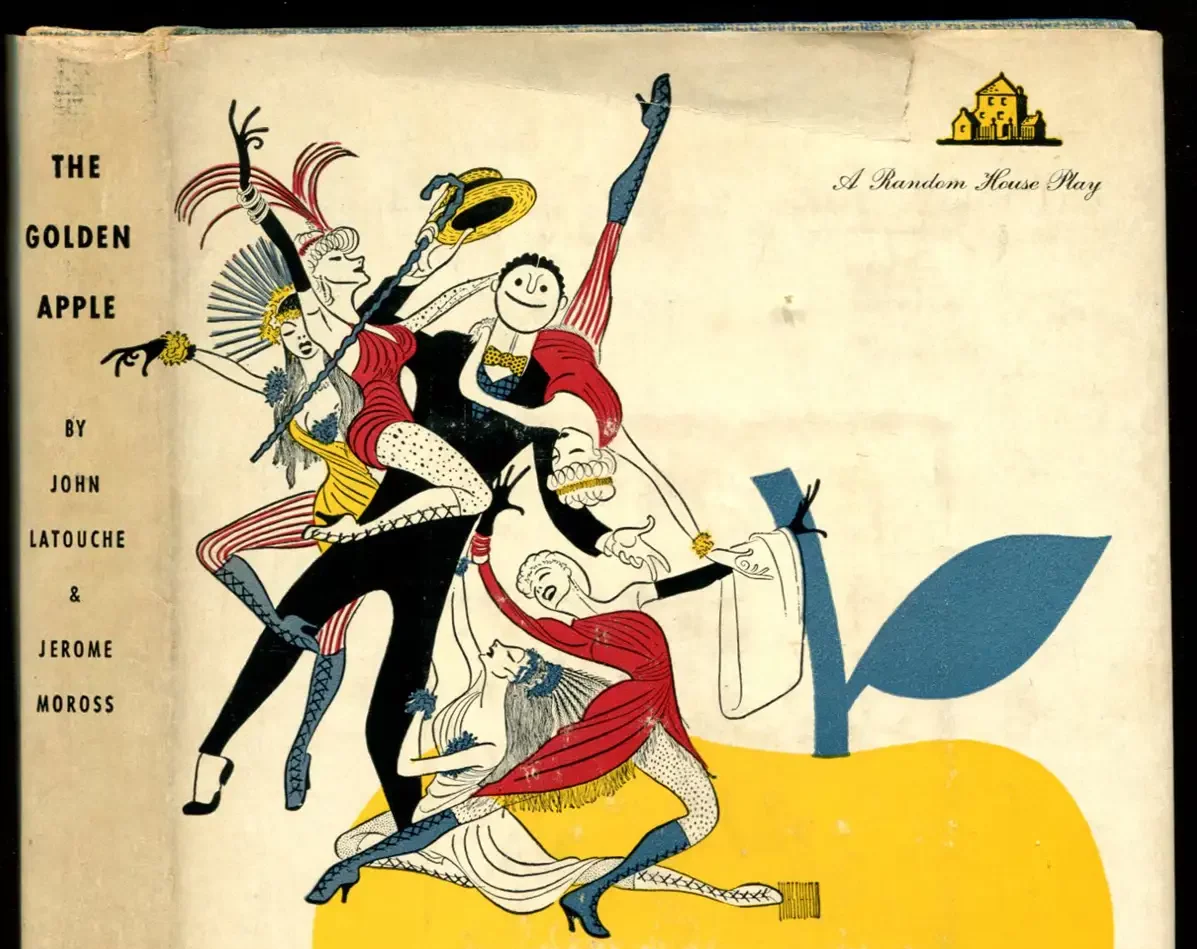
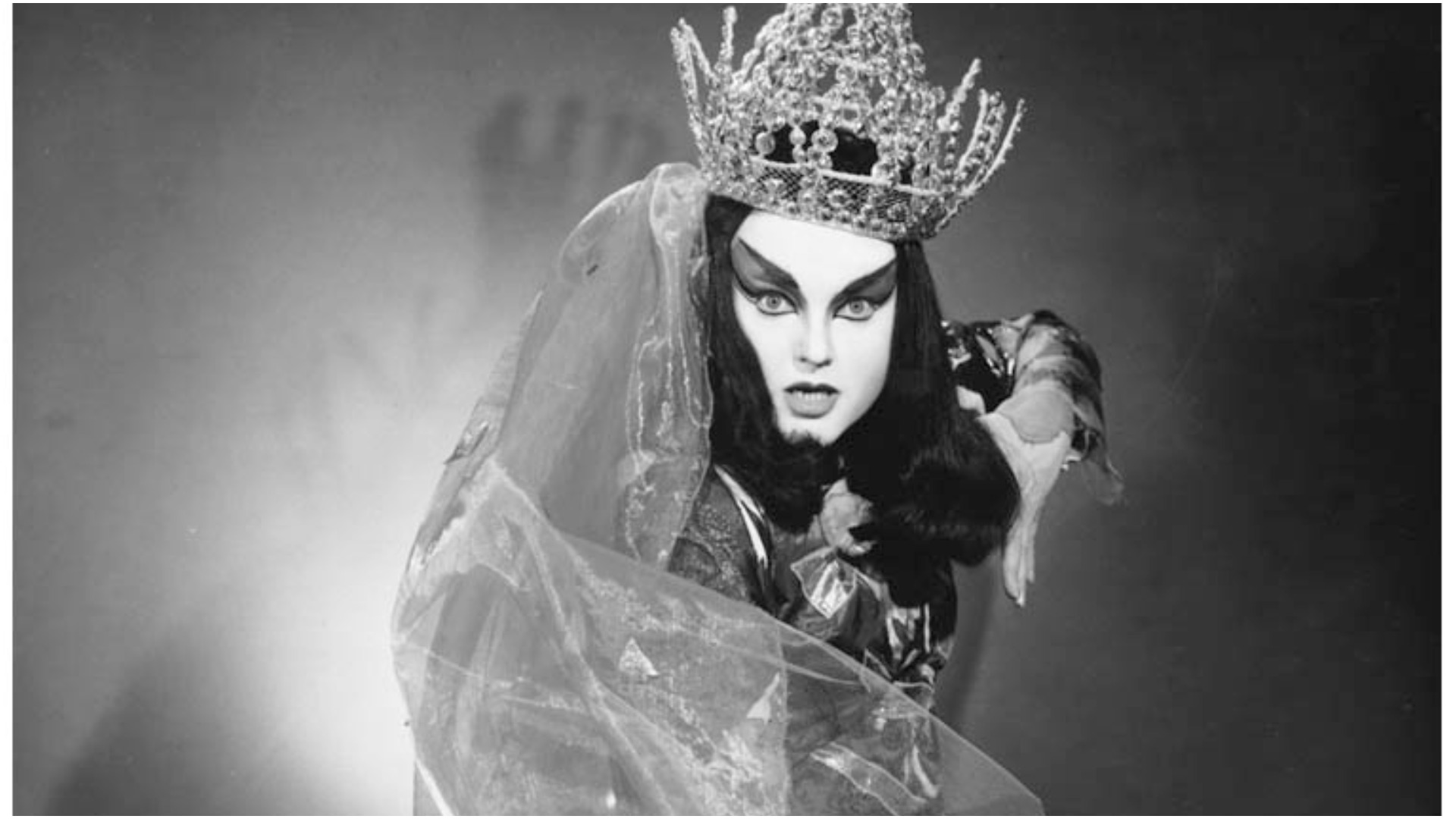
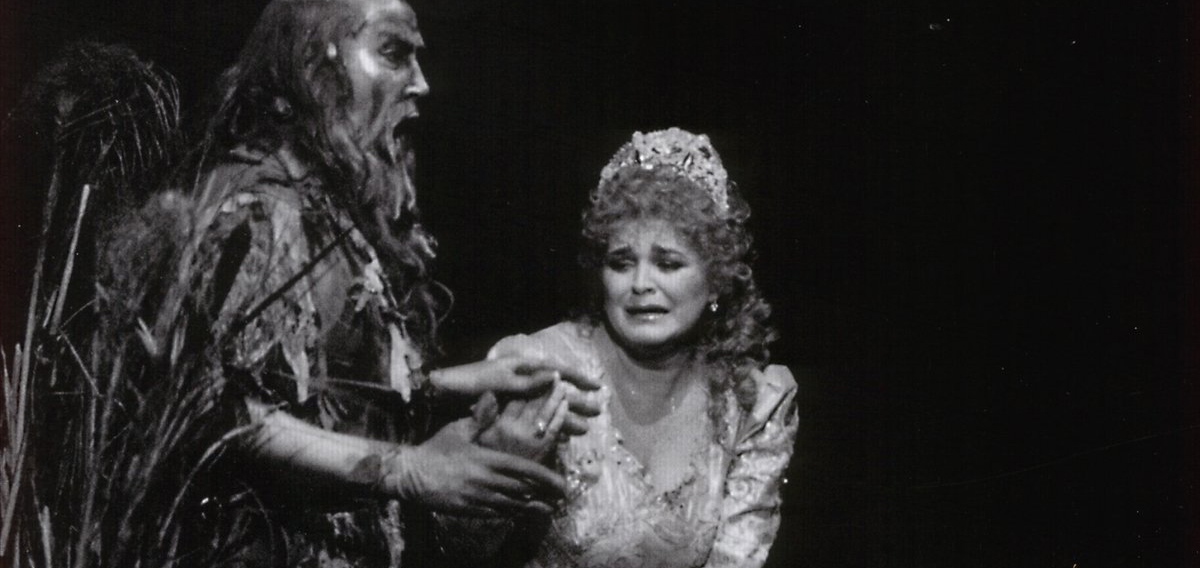
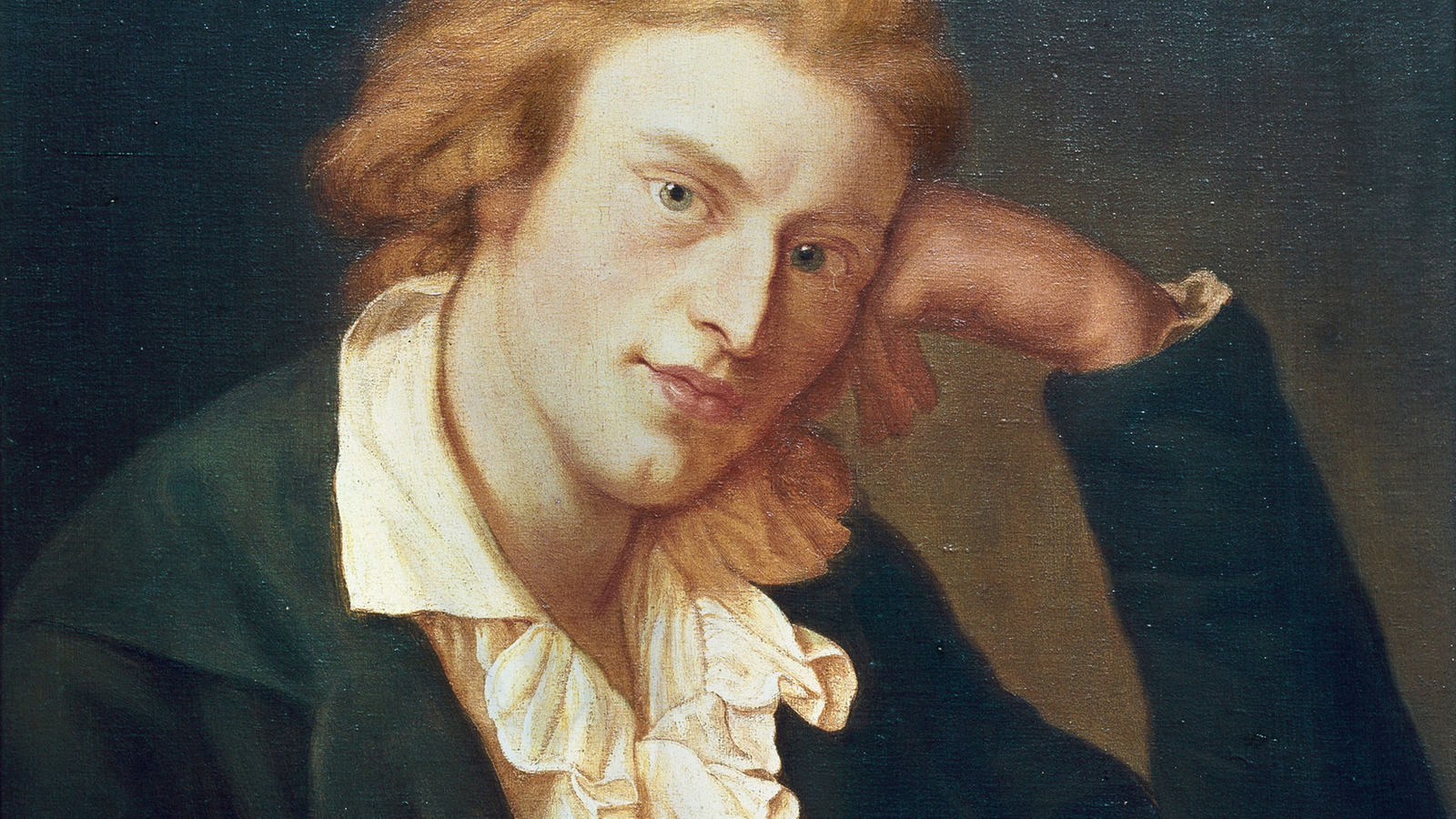

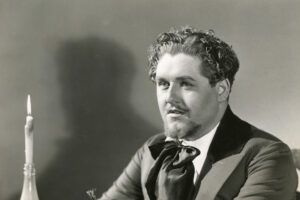




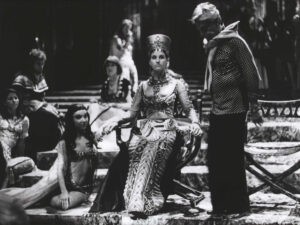
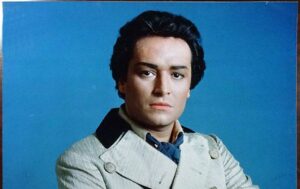




Comments